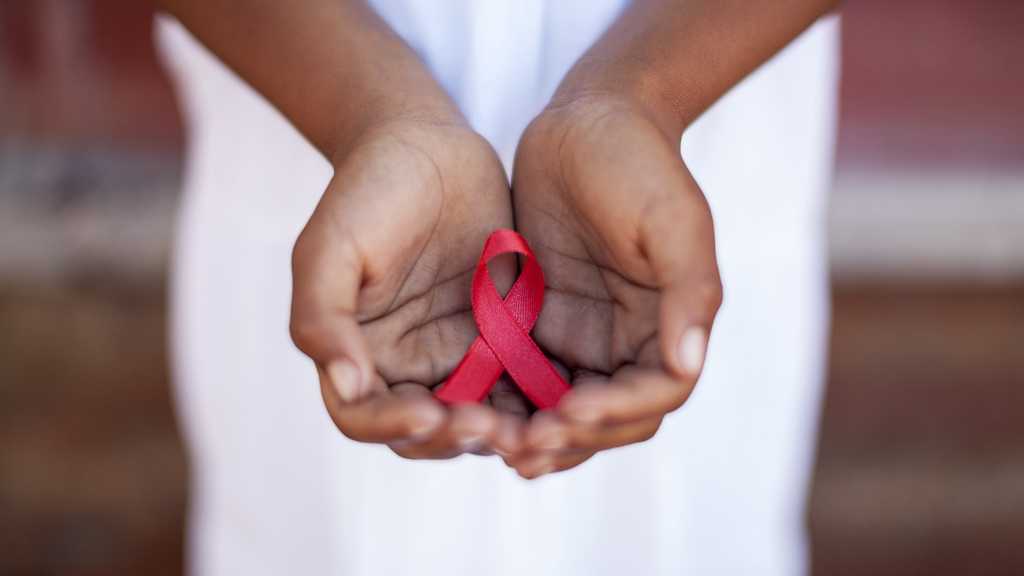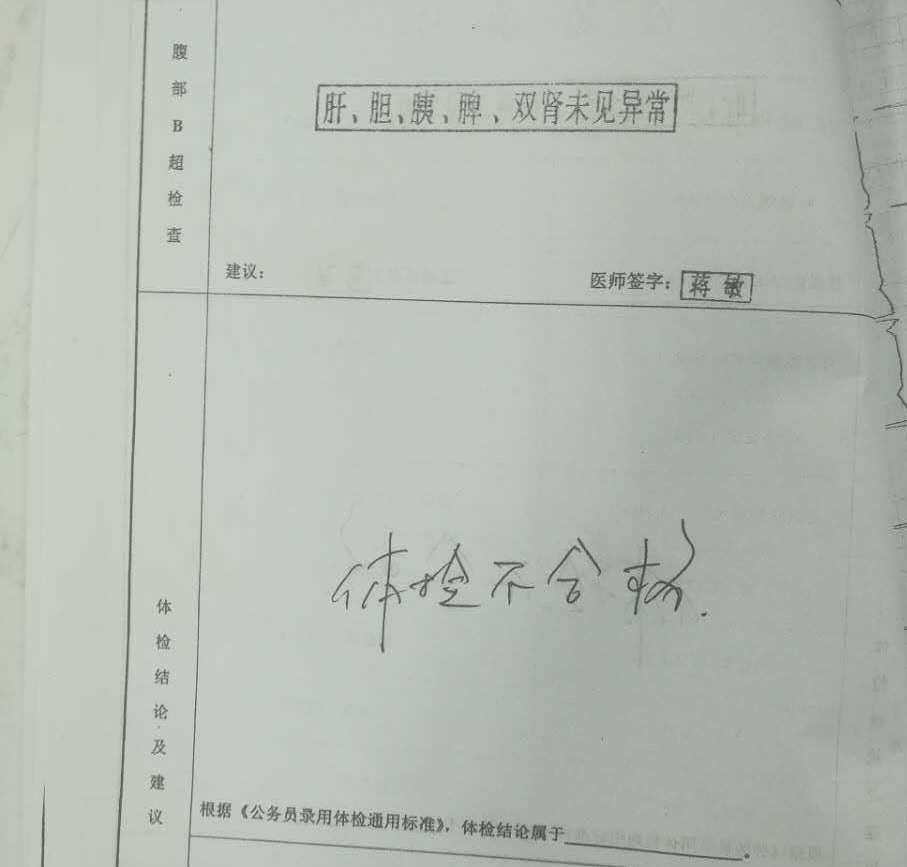
Health
20:11, 05-Mar-2019
Chinese lawyers call for equal employment opportunities for HIV carriers
By Yang Jinghao

Some 70 lawyers from across China have called on the country's top authorities to take measures to safeguard the equal rights in employment for HIV-positive people.
A letter co-signed by 73 lawyers suggests that the pervasive practice of having HIV tests in various job recruitment occasions be canceled to eradicate the discrimination against people infected by the virus. The letter has been sent to the Ministry of Human Resources and Social Security, the country's employment regulator and the National Health Commission.
"Conducting HIV tests in recruitment and depriving those tested positive of job opportunities lack medical basis, which also seriously infringe the equal employment right of this group," said this letter.
Today, all the candidates for civil service have to go through a strict health check which includes testing for HIV and other sexually transmitted diseases, and those tested positive will be disqualified.
"Such practice goes against related laws. However, it has been widely adopted not only by government departments but also by a lot of enterprises. The issue deserves people's attention," Li Duilong, one of the lawyers from east China's Shandong Province, told CGTN.

VCG Photo
VCG Photo
According to China's Employment Promotion Law, employers can't reject any job applicant on the ground that he or she is the carrier of an infectious disease, except for some particular industries.
The country's Regulation on AIDS Prevention and Control enacted in 2006 also stipulates that the legitimate rights of HIV carriers and AIDS patients, including marriage, employment, medical treatment and education, are protected by law.
"I hope the compulsive HIV testing can be abolished to reduce the widespread discrimination, which is conducive to promoting social harmony," Xie Peng, a young man infected by HIV, told CGTN.
In 2017, Xie lost his job after he was tested positive for HIV during a health check arranged by his company. After taking a legal approach, about two years later, he received compensation from his employer, which also signed a two-year contract with him. But the premise is that he can only work from home.
"This is another kind of discrimination, which shows that they don't really accept me. I am just a drag of the company," said Xie, adding that the test was conducted without his consent.
"This is what really matters. I even didn't know there would be such a test. It's terrible!"
In fact, HIV testing in China has to be done with voluntary informed consent from those getting tested – an internationally-accepted practice.

A health check report for Xie Peng, a Chinese young man, says he fails to pass the examination after he was tested positive for HIV. /CGTN Photo
A health check report for Xie Peng, a Chinese young man, says he fails to pass the examination after he was tested positive for HIV. /CGTN Photo
China has seen progress in safeguarding people's equal employment rights, especially the marginalized groups. In 2010, the central government put an end to the controversial testing for hepatitis-B in education and employment. In the letter, the lawyers say this can be a reference for HIV testing.
They also suggest that for some special occupations unsuitable for people living with HIV, the employers can test the job seekers after getting approval from health authorities.
In February, nine departments jointly issued a circular aiming to boost female participation in the labor force. The employers are required not to ask women about their marital status or childbearing plans in job interviews.
Lawyer Li Duilong regards this a positive signal from the government to further boost equal employment opportunities.
"What's also important, the public needs to discard their stereotype for HIV-infected people, especially policymakers. If the stigma remains, the changes would take place very slowly," Li said.
(Top image via VCG)

SITEMAP
Copyright © 2018 CGTN. Beijing ICP prepared NO.16065310-3
Copyright © 2018 CGTN. Beijing ICP prepared NO.16065310-3